Energy Efficiency and Your Roof in Winter: A Guide for Eugene, Oregon Homeowners
As the chill of winter descends upon Eugene, Oregon, attention often turns to heating systems and insulation in preparation for the colder months. Yet, a crucial aspect that can significantly influence your home's energy efficiency is frequently overlooked: the roof. A well-maintained roof is essential for keeping your home warm and reducing energy costs during Oregon's chilly winters. This comprehensive guide delves into how your roof impacts energy efficiency and outlines steps to ensure it's prepared for winter.
Understanding the Role of Your Roof in Energy Efficiency
Your roof does more than just shield your home; it plays a pivotal role in maintaining a comfortable indoor temperature. In winter, a roof that is inadequately insulated or poorly maintained can lead to significant heat escape, resulting in higher energy bills and a less comfortable living environment. On the other hand, a well-maintained roof aids in heat retention, enhancing the efficiency of your heating system.
Insulation: The First Line of Defense
In Eugene, where winter temperatures can plummet, proper roof insulation is vital. Insulation serves as a barrier to heat loss. Checking your attic insulation before winter is crucial. The Department of Energy suggests an insulation R-value between R-38 and R-60 for attics in Oregon. If your insulation falls short of these standards, adding more can boost energy efficiency.
Ventilation: Balancing Temperature and Moisture
Adequate roof ventilation is key to preventing heat buildup and managing attic moisture. In winter, insufficient ventilation can cause ice dams, where ice forms at the roof's edge, blocking melting snow from draining. This not only threatens your roof's structure but can also increase heating costs as your home struggles to maintain a consistent temperature.
Roofing Materials: Making the Right Choice
In Eugene, the choice of roofing materials can significantly affect your home's energy efficiency. Asphalt shingles are a common choice for their affordability and durability. However, materials like metal roofing, which reflects solar heat, can help keep your home cooler in summer and warmer in winter, thereby enhancing energy efficiency.
Maintenance: Key to Winter Preparedness
Regular roof maintenance is crucial, particularly before winter. To ensure your roof is in prime condition, consider the following steps:
- Inspect and Repair: Inspect your roof for damage, such as cracked or missing shingles, before winter, and undertake necessary repairs to prevent water and cold air infiltration.
- Clean Your Gutters: Blocked gutters can lead to water backup and ice dams. Clean gutters ensure proper drainage.
- Trim Overhanging Branches: Branches overhanging your roof can cause damage during winter storms. Trimming them reduces the risk of physical damage and leaf accumulation.
- Check for Leaks: Search for leak indications in your attic and ceilings. Early leak detection can prevent heat loss and water damage.
Professional Roof Assessment
A professional roof assessment can ensure your roof is winter-ready. Roofing experts can spot potential issues and suggest the best actions to improve energy efficiency. They can also recommend the most suitable materials and maintenance practices for Eugene's climate.
Conclusion
Your roof is a crucial element in your home's energy efficiency during Eugene's winter months. By ensuring proper insulation, ventilation, and regular maintenance, you can significantly reduce heat loss, lower energy bills, and enjoy a more comfortable home. Proactive measures now can lead to considerable savings and a more sustainable lifestyle in the long run.
Additional Tips for Energy Efficiency:
- Seal Air Leaks: Air leaks around windows, doors, and other openings can significantly impact heat loss. Sealing these leaks can help improve energy efficiency.
- Use a Programmable Thermostat: A programmable thermostat can automatically adjust your home's temperature based on your schedule, saving energy when you're away.
- Utilize Natural Light: Take advantage of natural daylight whenever possible to reduce reliance on artificial lighting and conserve energy.
- Upgrade Windows and Doors: If your windows and doors are old or drafty, consider upgrading them to more energy-efficient options.
By implementing these additional tips alongside proper roof maintenance, you can maximize your home's energy efficiency and reap the benefits of lower energy bills and a more comfortable living environment throughout the year.
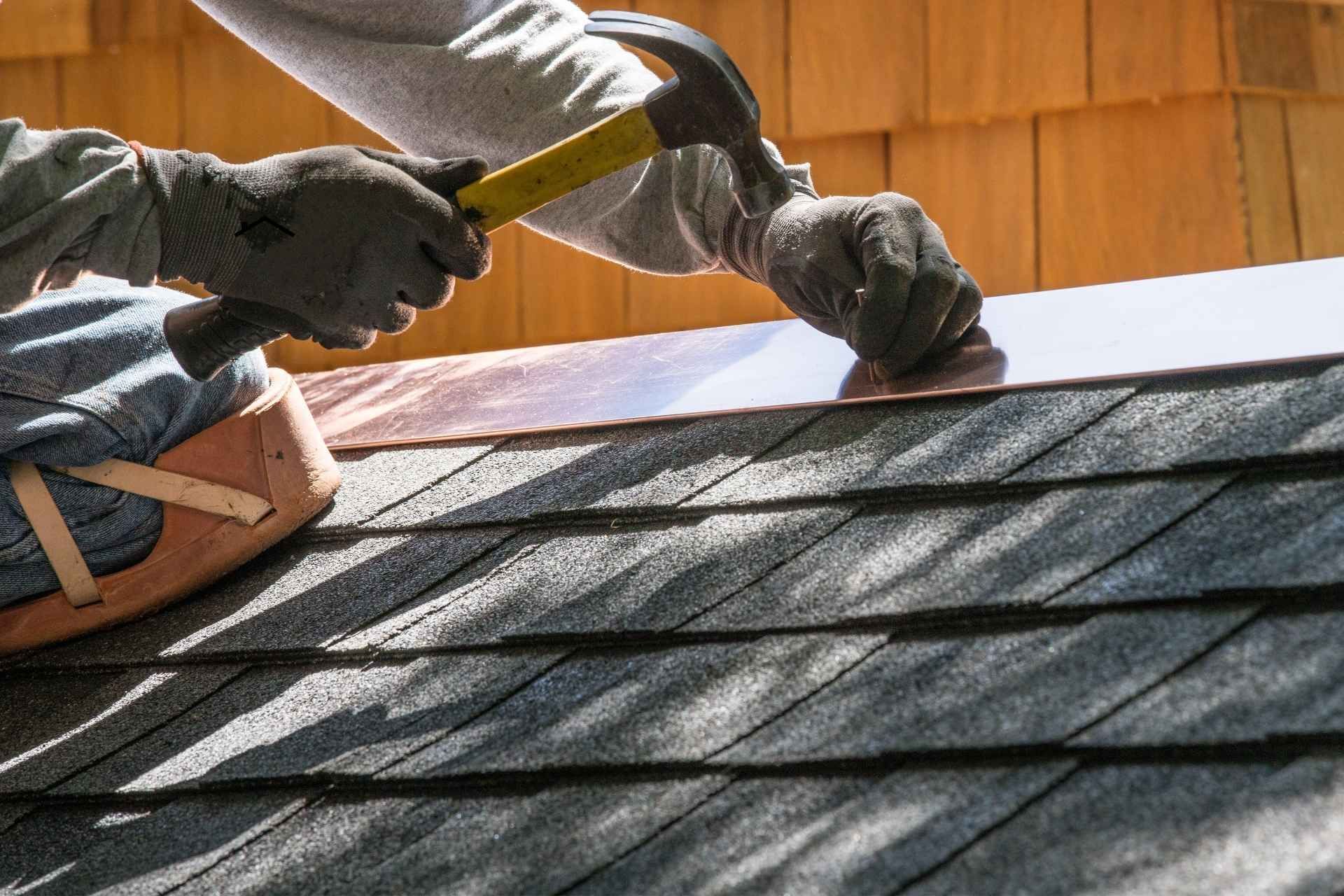
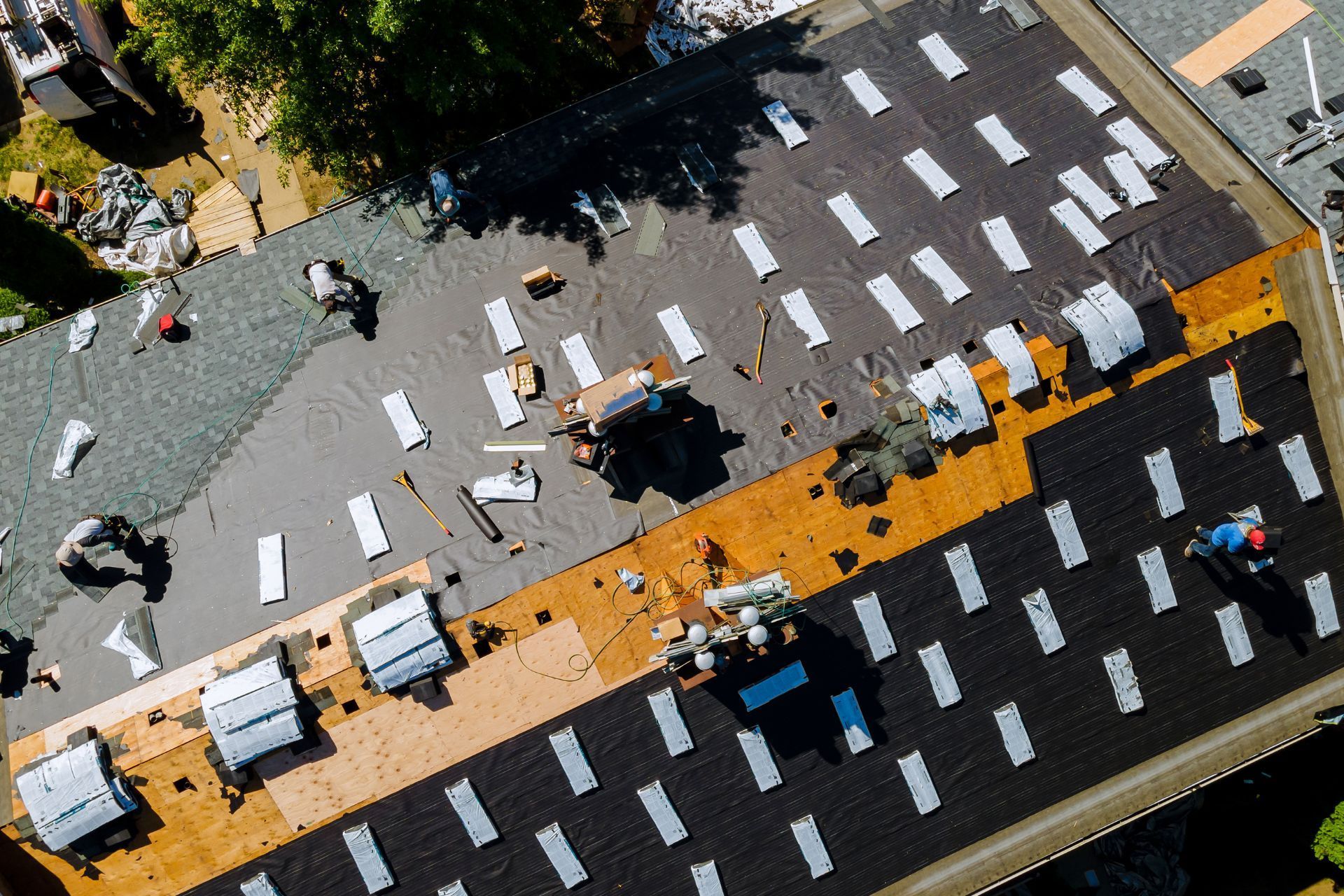
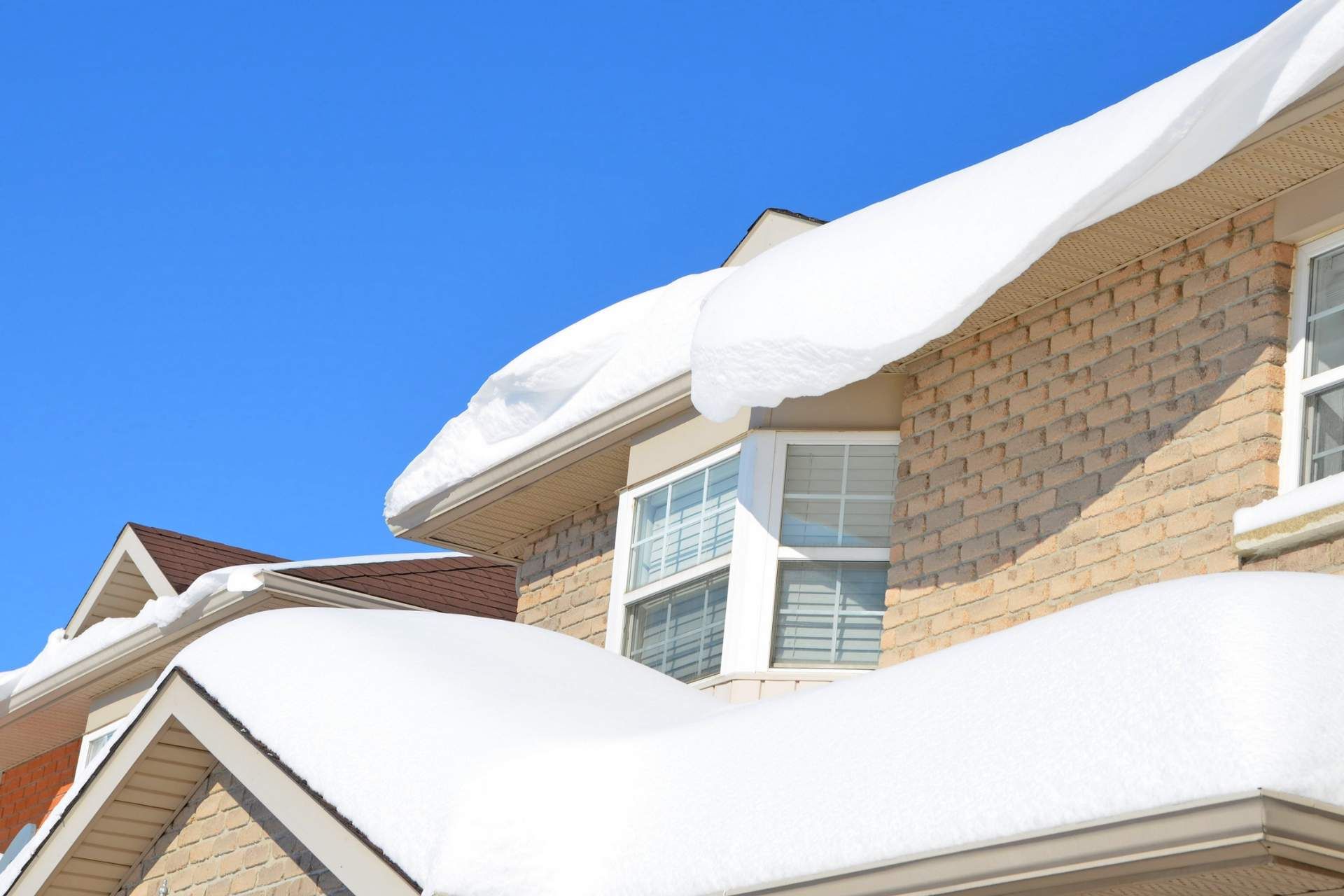


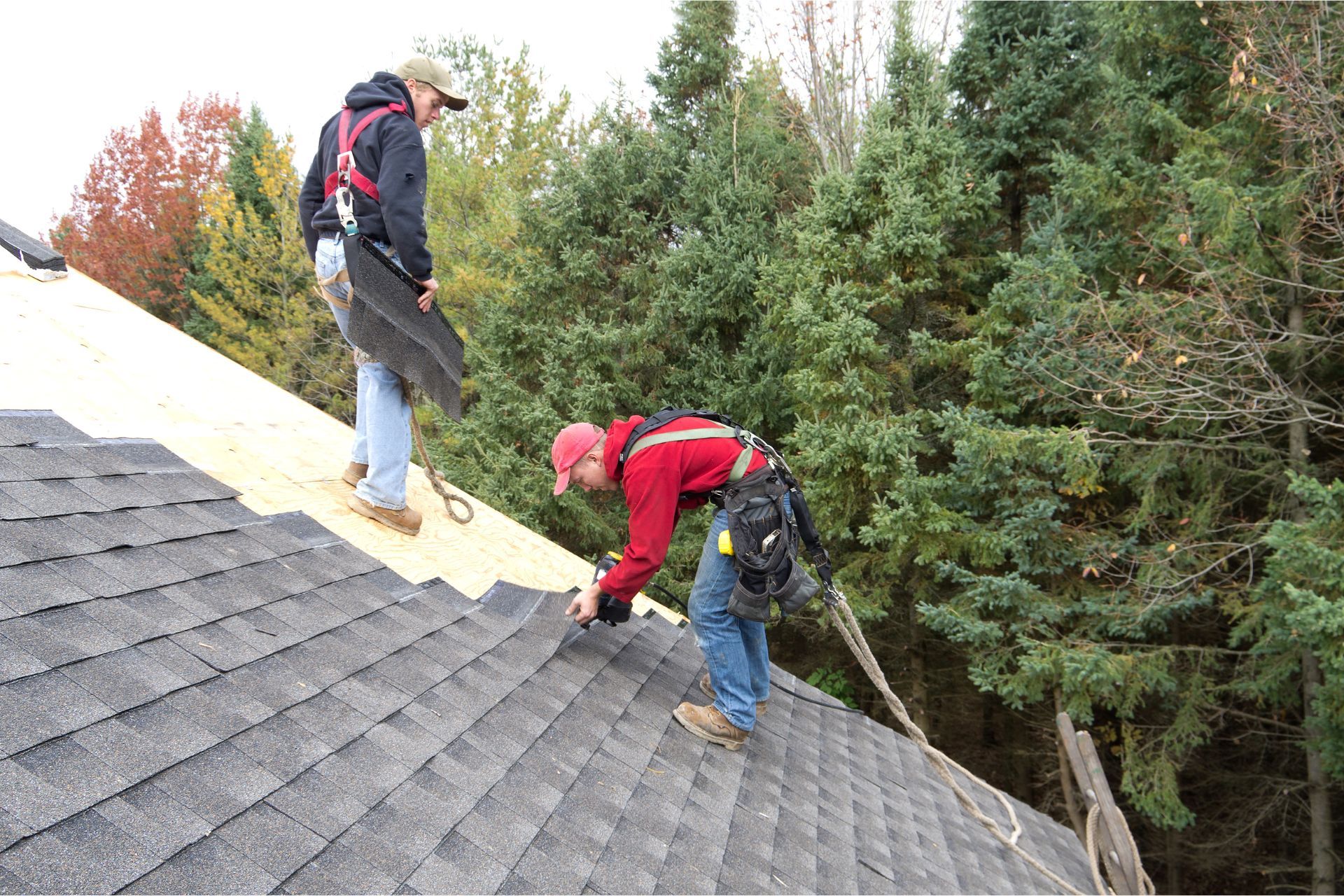
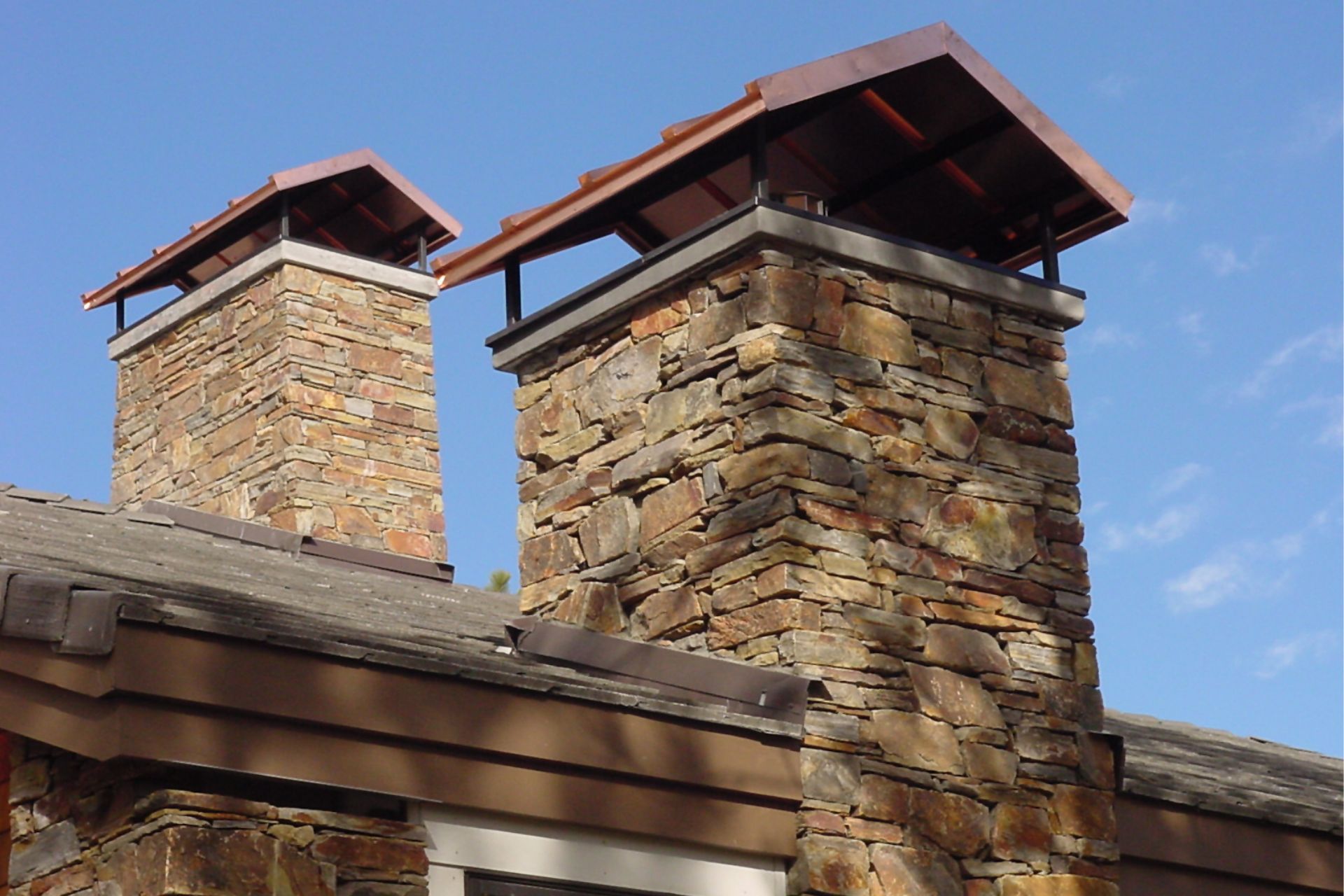
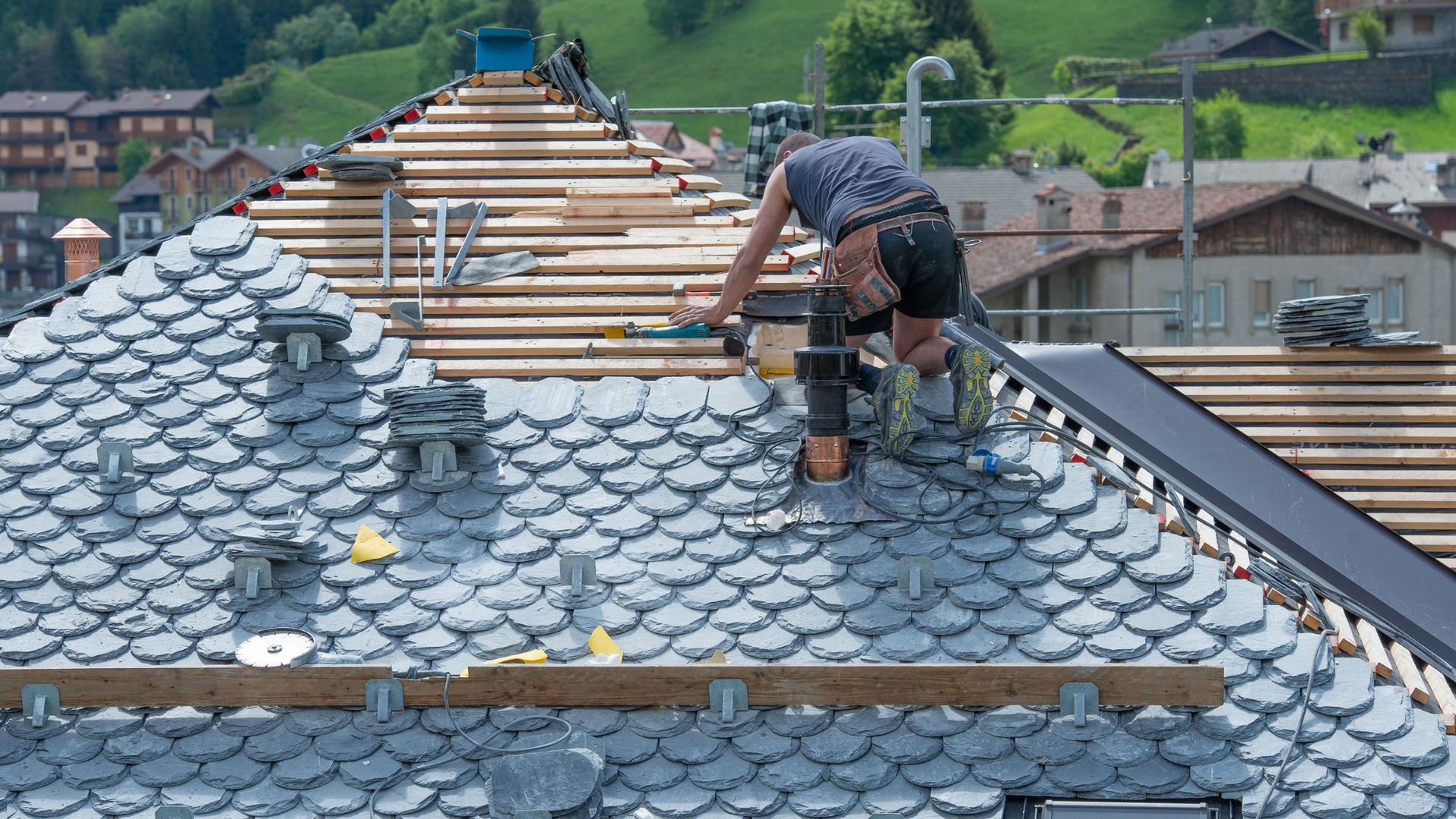
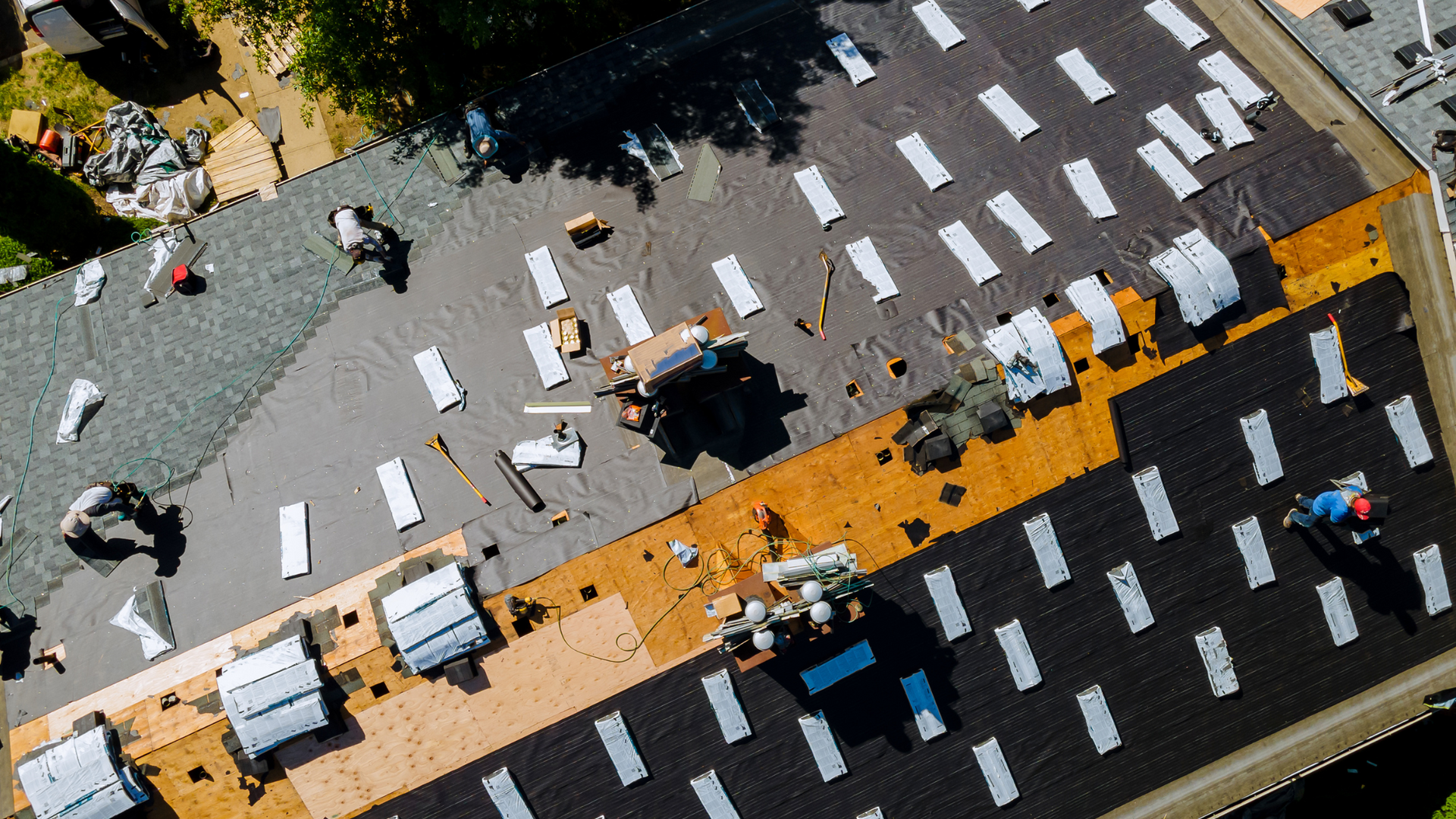
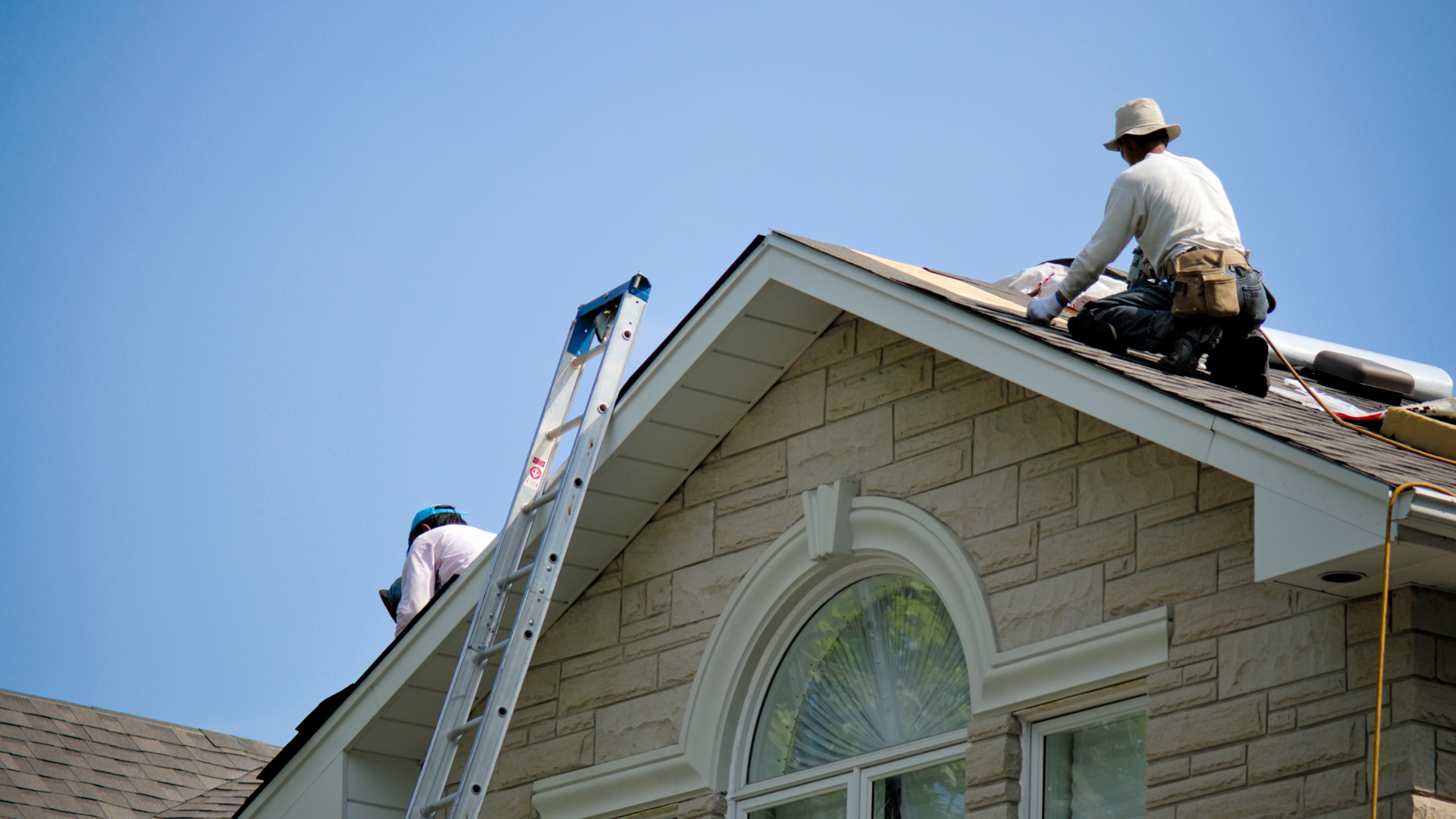
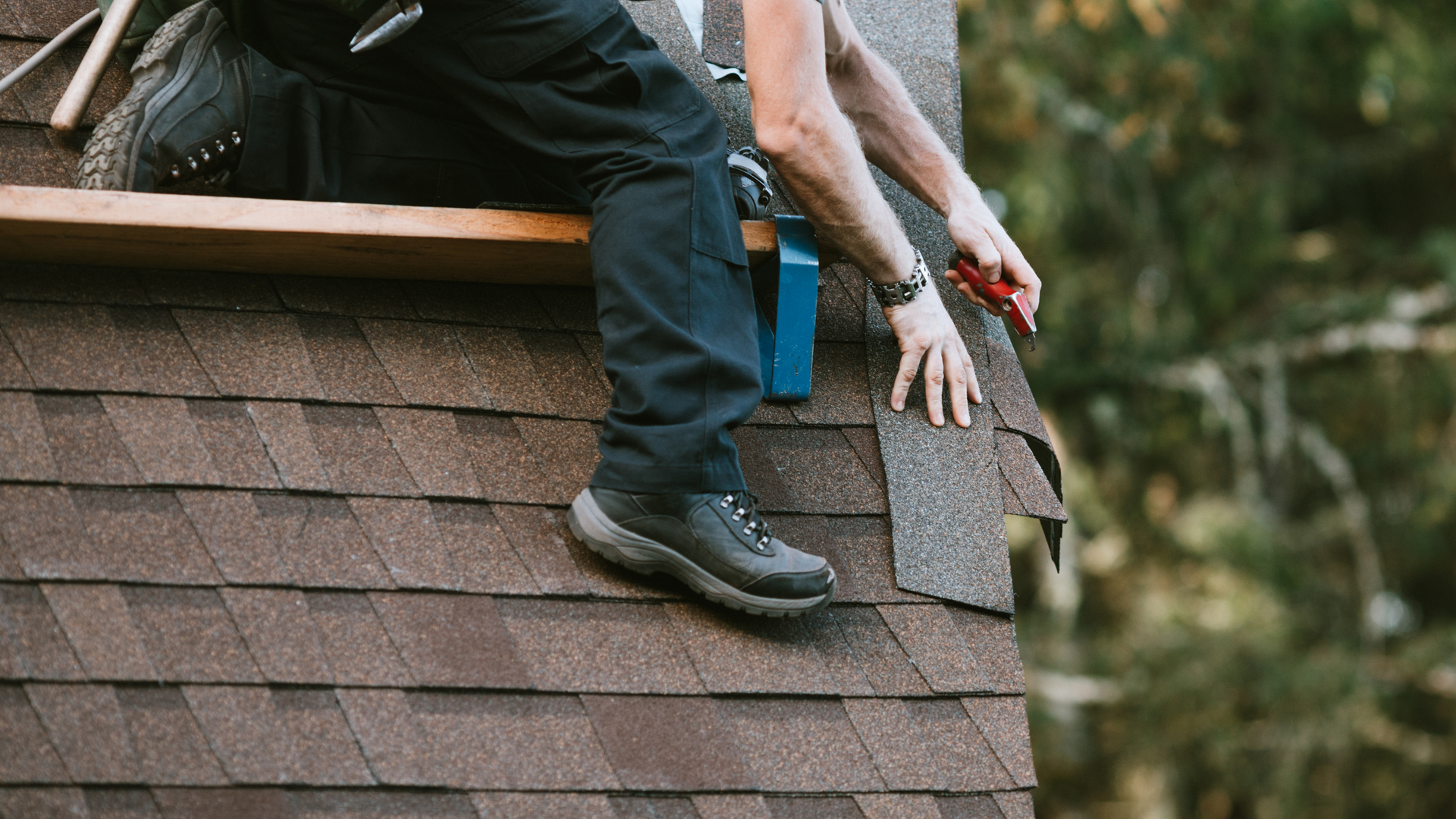




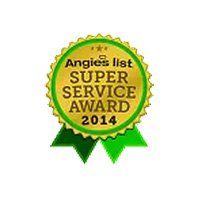




Share On: